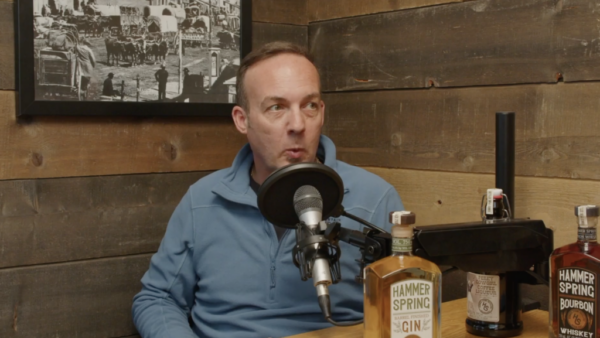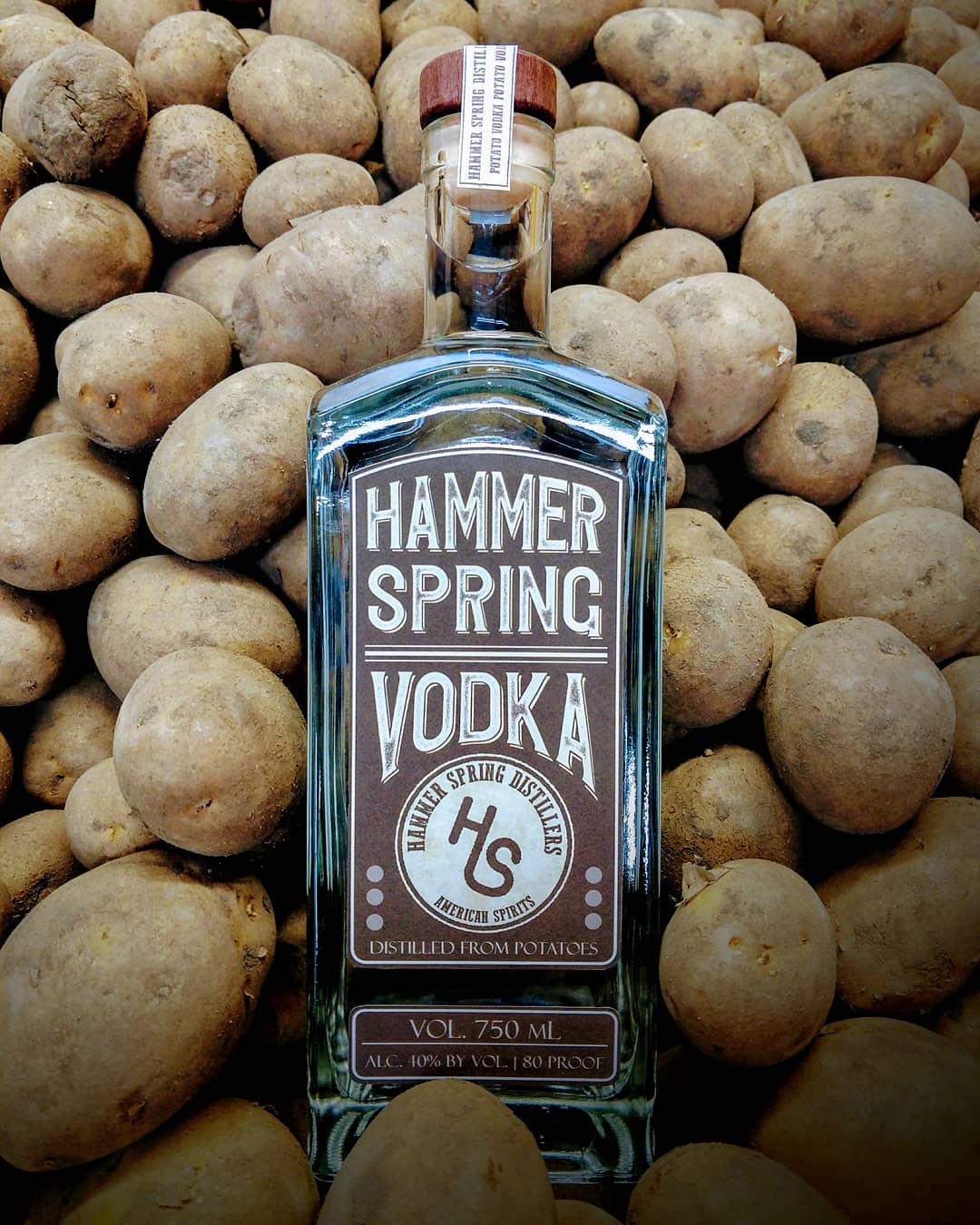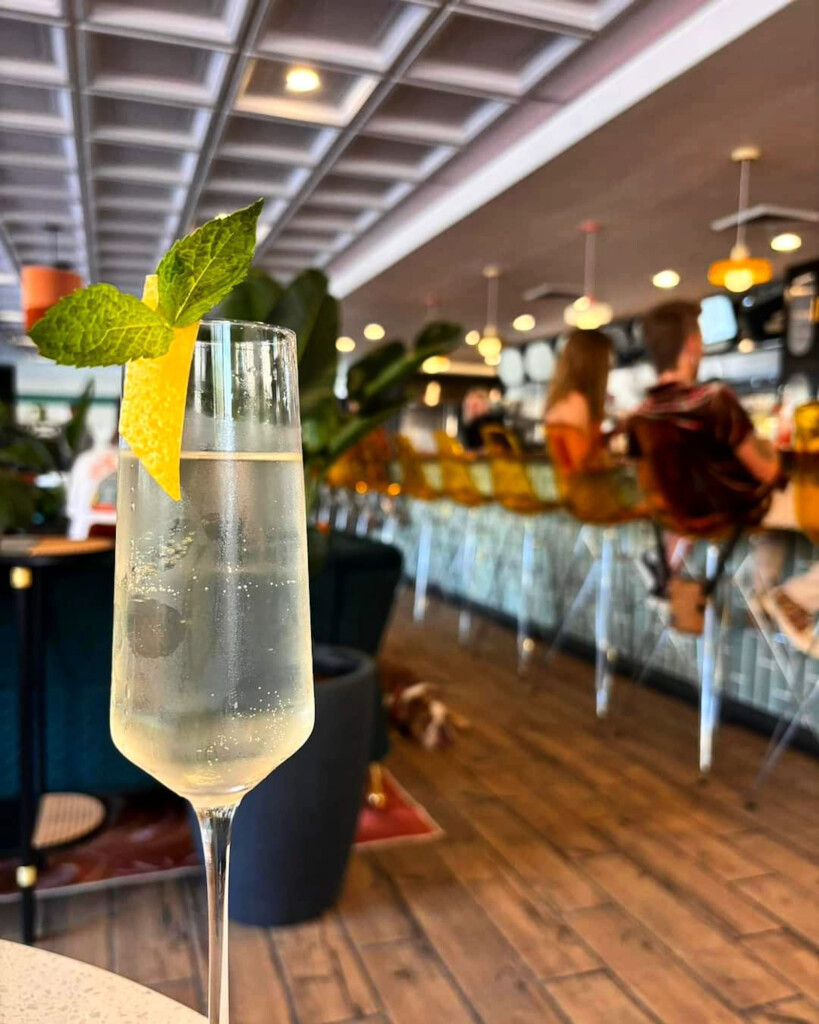Introducing Hammer Spring Distillery
JP Bernier is the founder and owner of Hammer Spring Distillery. He recently discussed with Richard Makosian, publisher of Utah Stories and host of the Utah Stories Podcast, his journey of starting the distillery in 2016, and the challenges of founding a startup in such a competitive market.
JP explains that he decided to enter the industry early to avoid being overwhelmed by Utah’s growing number of distilleries. On the podcast, JP talks about focusing on cash-forward growth rather than relying on heavy marketing or leveraging.
Hammer Spring Distillery produces grain-to-glass spirits, including potato vodka and bourbon, and they handle the entire production process in their shop, from milling the grains to bottling the final product. Another important component is the importance of careful distillation to avoid producing toxins that can cause hangovers. JP explains the process of separating the heads (undesirable components) from the hearts (good alcohol) during distillation.
In the broadcast, JP and Richard touch upon the challenges of getting good placement in liquor stores and the need for more specificity in labeling for craft distilleries, dicussing the differences between FDA regulations for food packaging and Tax and Trade Bureau (TTB) regulations for alcohol labeling, and expressing frustration with emphasizing bottle turnover rather than supporting local distilleries.
JP invites listeners to visit Hammer Spring Distillery for tours and tasting experiences. Sampling the barrel-finished gin, they discuss the flavors imparted by the oak barrel aging process, and JP explains the purpose of using juniper berries and other botanicals in their gin production.
JP touts the benefits of supporting the local economy by buying local liquor, while, at the same time, highlighting the diversity of the Utah distilling scene, where different distillers specialize in various types of spirits.
Liquor Laws In Utah
Shifting the conversation to Utah’s draconian liquor laws, JP expresses his frustration with certain restrictions, such as being unable to stand up with a drink in a club, or having tight proximity rules for manufacturers. He explains that the proximity rule restricts distilleries from being too close to public spaces like churches, schools, or parks. Also of concern is the concept of ‘steady states’, where the government controls the distribution, sale, and manufacture of alcohol, and the fact that most states in the US are controlled states.
“All the local people have that same struggle, and we kind of get the same song and dance from the state that, well, your numbers are low. And the common response is, ‘Well, I’ve only got two or three shelves, so of course my numbers are going to be low. Give me more shelves, and I’ll give you bigger numbers,’” JP said.
JP emphasizes his background as a design architect and a paramedic, and how his knowledge in those fields has influenced his work in the distilling industry. He also mentions his current pursuit of a business degree.

Discussion of the Distillery’s Products
Rich and JP discuss various products in JP’s distillery, starting with the habanero-flavored vodka, which is based on a unique potato vodka made in Utah. JP personally sources the potatoes from a local farm, peels and crushes them, then ferments and distills them on-site. The habanero peppers are added to the potato vodka, extracting their spicy and earthy flavors without overpowering the drink. A great deal of passion and effort go into creating this farm-to-glass product.
“And so the potato vodka, this is really a unique thing in Utah. We never found a commercial distillery in Utah, before or after prohibition, that sold a distilled potato vodka here. Now, that doesn’t mean there’s no potato vodka being sold in Utah, but that’s coming from resource repackaging or sourcing, which is fine, whatever, but it’s not actually made here,” JP explains.
Eventually, the discussion moves to barrel-finished and silver gin, which share the same botanical recipe. The barrel-finished gin is aged in a used rye whiskey barrel for eight months, naturally giving it a light golden color. JP proudly claims that he uses no artificial additives in the process.
Next, they talk about bourbon, a grain-to-glass product made with 70% corn, rye, and wheat. The bourbon has a full and delicious flavor, with notes of butterscotch and toasted marshmallows. It ages for at least a year in small barrels, with the optimal aging time being around 18 months.
Coffee liqueur is based on a vodka infusion, and has a velvety texture with hints of chocolate. JP is excited that the state has finally decided to carry the coffee liqueur after years of effort.
Some of Hammer Springs products are available in liquor stores, such as the silver gin, coffee liqueur, and a sourced vodka called Hidden Vodka. The Hidden Vodka label is used as a fundraiser to raise awareness about human trafficking, with a portion of the proceeds going to the Utah Rape Recovery Center.
The podcast discusses the lack of media coverage on human trafficking and thanks JP for sharing his products and insights with Utah Stories’ listeners.






